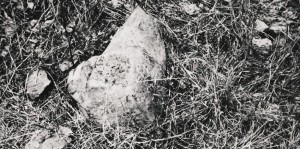
Quarrelsome: Response to Camp, Harold, and Chodat
[T]alk of universal themes glazes the eyes because such themes always disappear when looked at closely. And they do so because they have neither formal nor phenomenal properties. But we needn’t be detained by themes in order to soften the habitual detachment of critical reading. Neither critical reading nor philosophical argument has to forswear literary experience; indeed it is likely such experience has a form illuminated by each.


